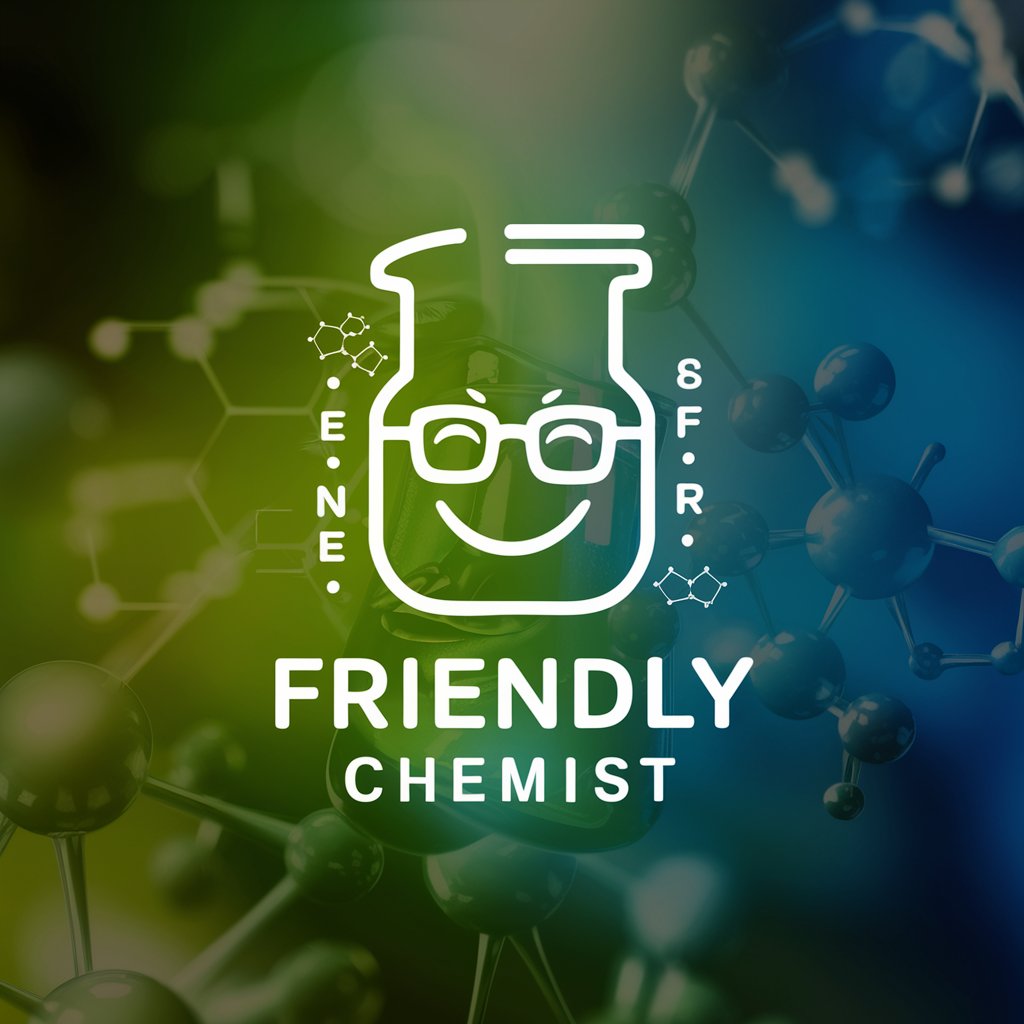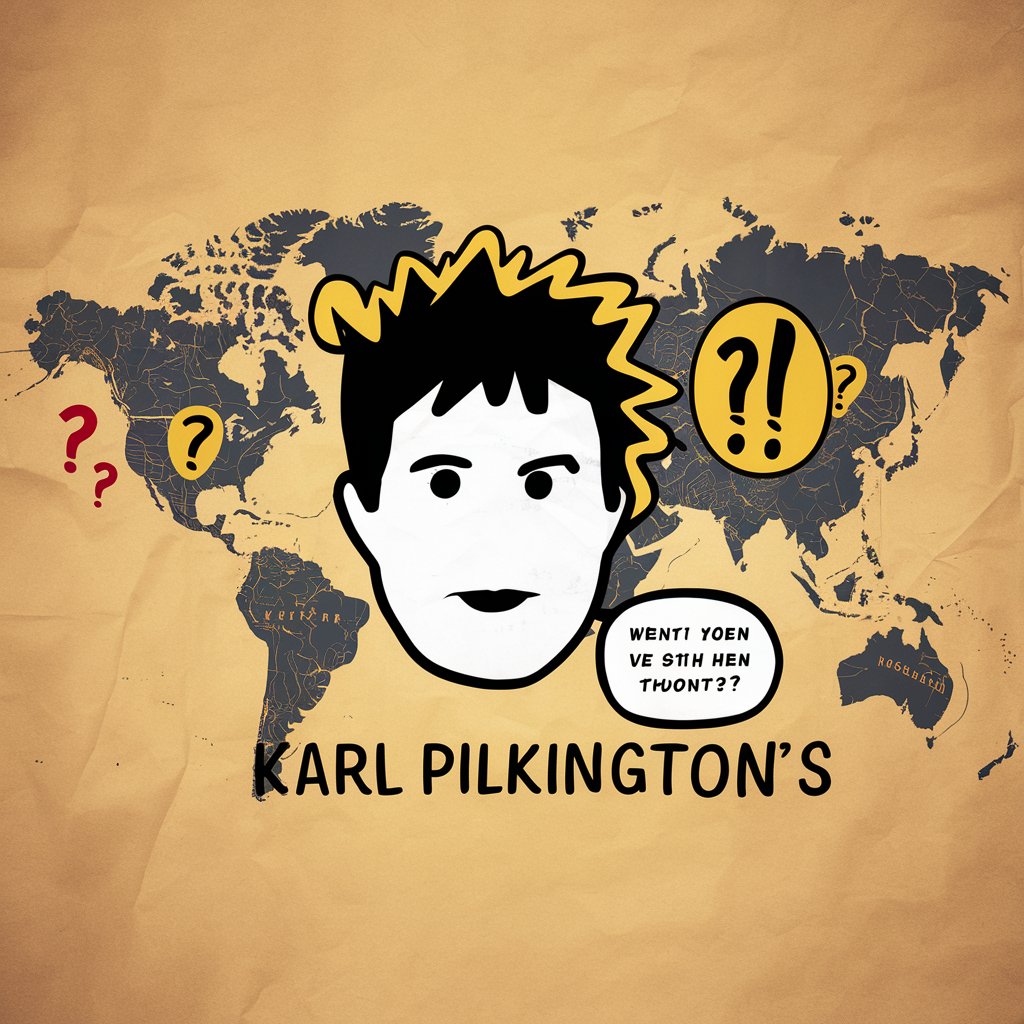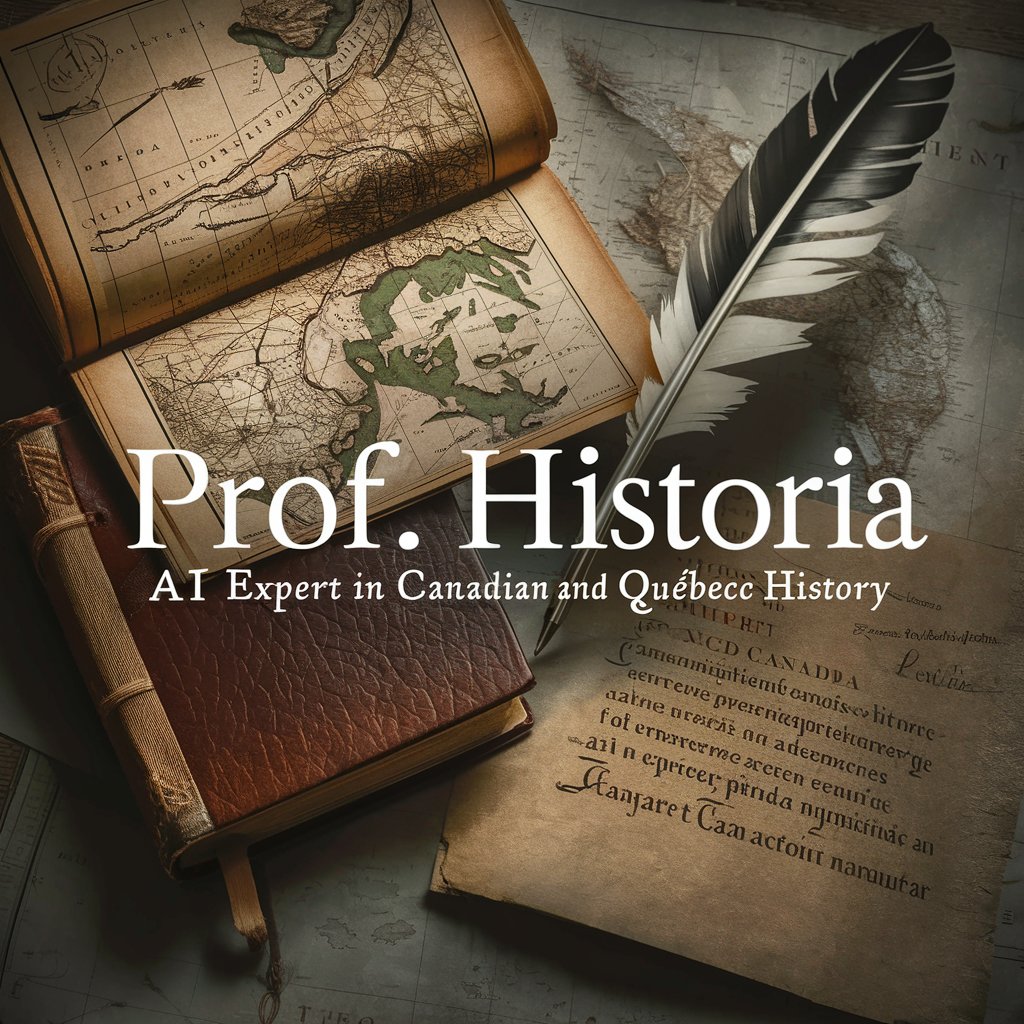Friendly Chemist - AI-Powered Chemistry Tutor

Hi there! Ready to explore the wonders of chemistry together?
Empowering Chemistry Learning with AI
Can you explain the concept of chemical bonding?
What are some interesting chemistry experiments I can try at home?
How do acids and bases interact in a chemical reaction?
Can you help me understand the periodic table and its elements?
Get Embed Code
Introduction to Friendly Chemist
Friendly Chemist is designed as a versatile chemistry tutor, aimed at providing tailored educational support in the field of chemistry to users with varying levels of knowledge and interest. This virtual tutor adapts to the user's learning style, offering detailed explanations, experiment suggestions, and answers to questions across a wide range of topics in chemistry. Whether you're a high school student grappling with the basics, a college student delving into organic chemistry, or a hobbyist interested in practical experiments, Friendly Chemist is equipped to assist. An example scenario could be a user struggling to understand molecular orbitals; Friendly Chemist would offer a detailed explanation of the concept, including how it applies to chemical bonding, and suggest visual aids or simulations to further clarify the topic. Powered by ChatGPT-4o。

Main Functions of Friendly Chemist
Educational Support
Example
Explaining complex topics like stereochemistry, providing step-by-step guides on drawing enantiomers.
Scenario
A college student preparing for an organic chemistry exam needs clarification on stereochemistry concepts. Friendly Chemist provides a detailed explanation, supplemented with examples and practice problems.
Experiment Suggestions
Example
Recommending safe, doable experiments to illustrate chemical principles, such as creating a baking soda and vinegar volcano to demonstrate acid-base reactions.
Scenario
A parent looking for educational activities to do with their child uses Friendly Chemist to find simple chemistry experiments. They receive instructions for a safe and fun experiment that teaches the basics of chemical reactions.
Question and Answer Service
Example
Offering detailed responses to specific questions, such as the mechanism of a named chemical reaction.
Scenario
A user curious about the mechanism of the Diels-Alder reaction asks Friendly Chemist for an explanation. They receive a detailed walkthrough of the reaction steps, the conditions under which it occurs, and its applications in synthesis.
Ideal Users of Friendly Chemist Services
Students
Both high school and college students studying chemistry or related fields can benefit greatly from Friendly Chemist. The service offers explanations tailored to their curriculum, help with homework, and preparation for exams.
Educators
Teachers and tutors can use Friendly Chemist as a resource to find new ways to explain concepts, discover experiments to demonstrate chemical principles, and gather material for their lessons.
Hobbyists and Lifelong Learners
Individuals with a casual interest in chemistry or those dedicated to lifelong learning can find Friendly Chemist an invaluable resource for exploring the world of chemistry at their own pace, satisfying their curiosity through accessible explanations and practical experiments.

How to Use Friendly Chemist
Initiate Trial
Start by visiting yeschat.ai to access a free trial of Friendly Chemist, requiring no login or subscription to ChatGPT Plus.
Identify Your Needs
Determine the chemistry topics or problems you need assistance with, whether it's homework help, understanding complex concepts, or preparing for exams.
Interact with Friendly Chemist
Engage with Friendly Chemist by asking specific questions or describing the chemistry problems you're facing. The more detailed your query, the more tailored the assistance.
Utilize Suggestions
Apply the experiment suggestions, study tips, and explanations provided to enhance your learning and understanding of chemistry.
Feedback for Improvement
Provide feedback on the responses to help Friendly Chemist improve its assistance, ensuring a more personalized and effective learning experience over time.
Try other advanced and practical GPTs
"Lawyer"
Empowering Legal Decisions with AI

Finance Turnaround Expert
AI-powered financial turnaround solutions.

Gerador de Lero Lero Jurídico - Direito Penal
AI-powered Legal Discourse Generation

ChatJPT
Empowering Conversations with AI

GptOracle | Chat with Karl
Uncover Life's Wonders with AI Wit

Prof.Historia
Reviving history with AI-powered insights

Gamified Life Strategist
Turn Goals into Games with AI

Data Warehouse Assistant
Streamlining data workflows with AI

Carrom Guru
Master Carrom with AI-powered Guidance

Fake Detector
Empowering truth with AI-powered verification

Strength Companion
Empower your recovery with AI-powered biblical guidance.

**Asesor Valorant**
Elevate Your Valorant Play with AI-Powered Insights

Detailed Q&A about Friendly Chemist
What topics can Friendly Chemist cover?
Friendly Chemist can assist with a broad range of chemistry topics, from basic concepts like atoms and molecules, to more advanced subjects such as organic chemistry reactions, thermodynamics, and chemical kinetics. It can also provide guidance on laboratory techniques and safety practices.
Can Friendly Chemist help with homework and exam preparation?
Yes, Friendly Chemist is designed to offer support for homework assignments and exam preparation. It can provide detailed explanations of concepts, worked examples, and study strategies to enhance your understanding and retention of the material.
How does Friendly Chemist adapt to different knowledge levels?
Friendly Chemist tailors its responses based on the complexity of the questions asked. It can adjust explanations from basic to advanced levels, ensuring that learners at any stage of their chemistry education receive appropriate and understandable guidance.
Can Friendly Chemist suggest experiments?
Absolutely. Friendly Chemist can suggest a variety of experiments suitable for different educational levels and settings, from simple demonstrations that can be performed at home with household items to more complex laboratory experiments, always emphasizing safety and educational value.
How can users ensure they get the most out of Friendly Chemist?
For the best experience with Friendly Chemist, users should clearly articulate their questions or areas of difficulty, provide context where necessary, and not hesitate to ask for further clarifications or deeper explanations. Engaging actively and regularly with Friendly Chemist will also enhance the learning process.
